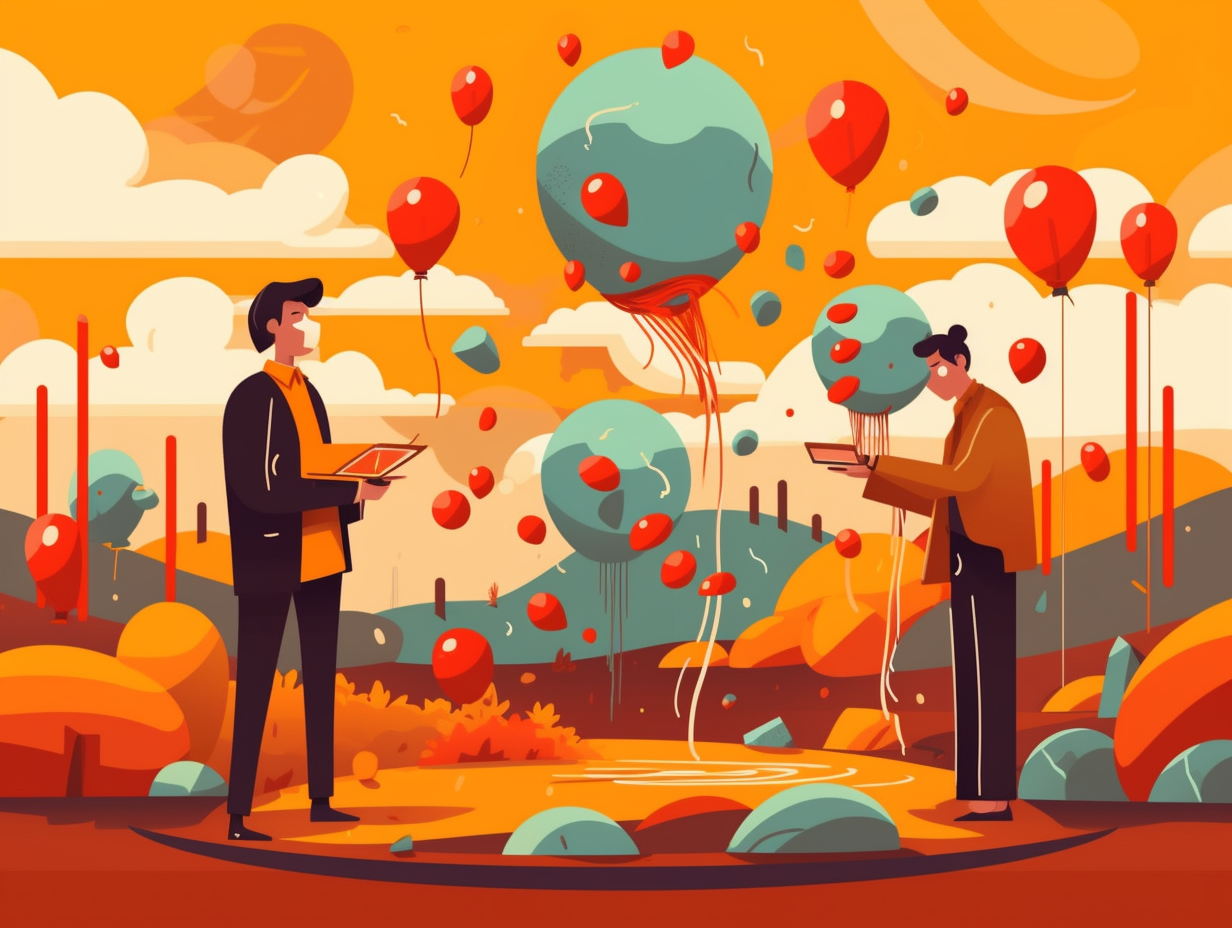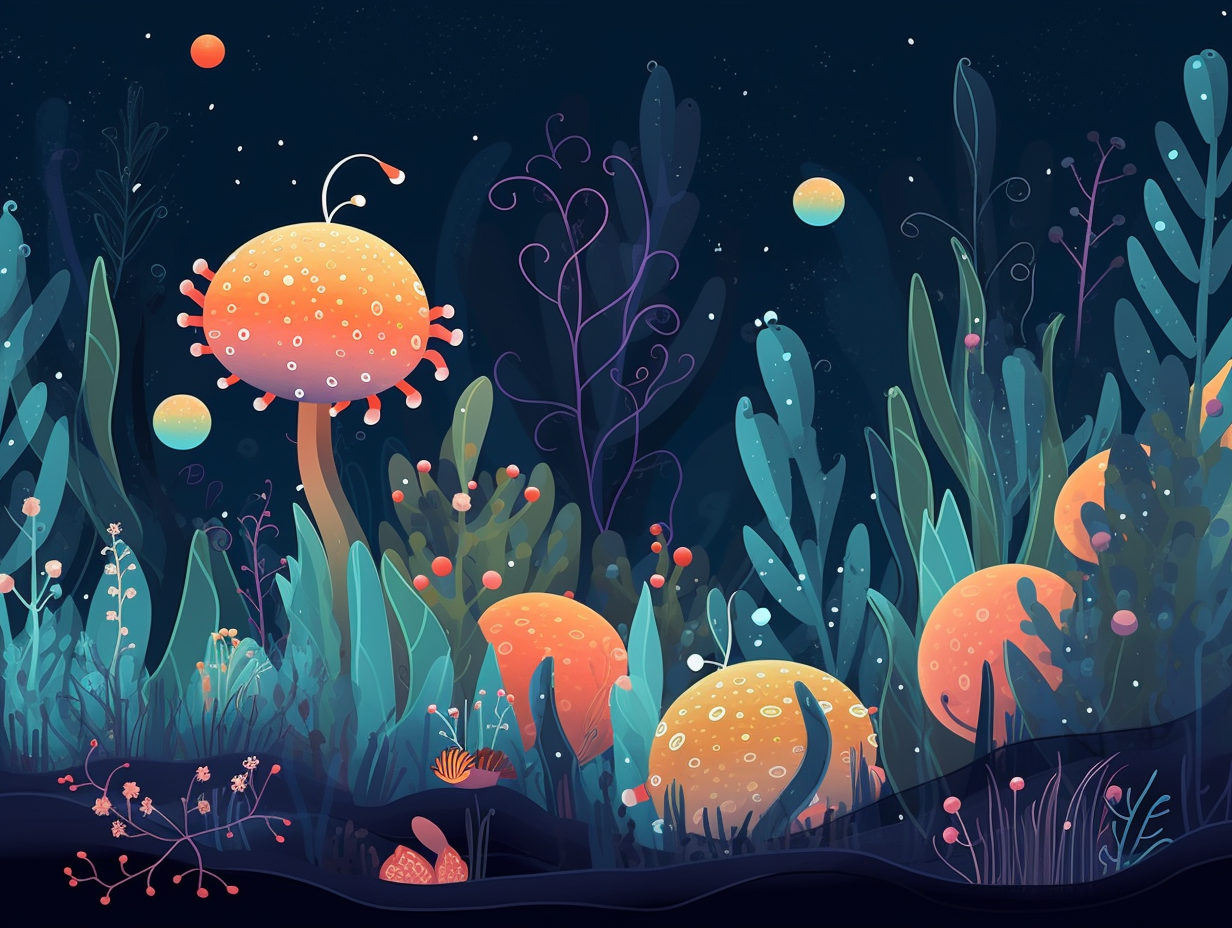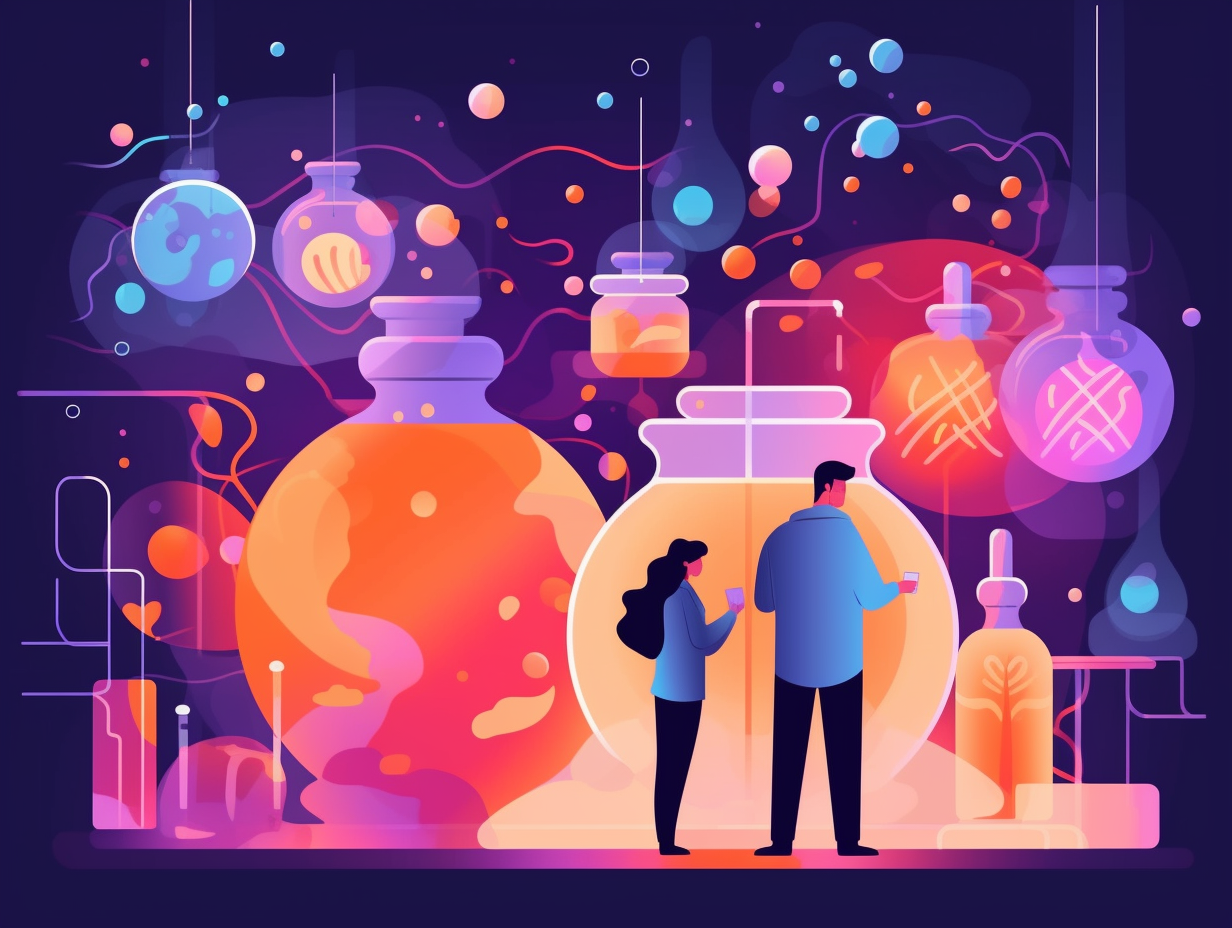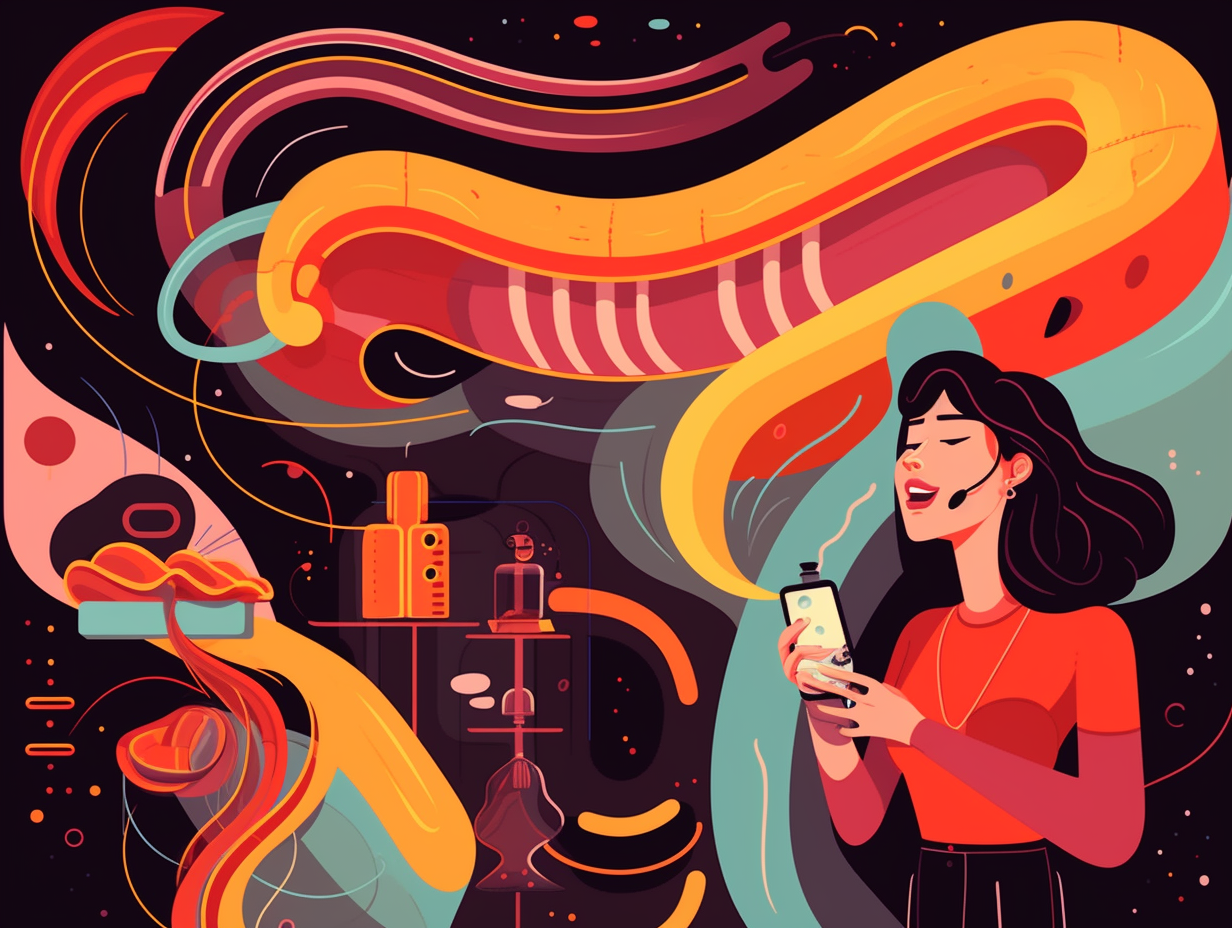20 Amazing Fun Facts About the Excretory System You Never Knew!

1. Skin Flakes Snowstorm
Ever suffered from a sudden snowstorm of dead skin, or perhaps a light drizzle of discarded epidermis? Fear not, for you are not alone: The average adult loses around 500 million skin cells per day, contributing to 0.001 to 0.003 ounces (0.03 to 0.09 grams) of skin flakes an hour! But worry not, dear friends, for these cells are but a mere speck in the vast universe of household dust, which also includes a diverse mix of paint, fibers, mold, hair, building materials, pollen, bacteria, viruses, insect bits, ash, soot, minerals, and soil. So you see, the next time you sneeze while cleaning, remember, it's not all you!
Source => livescience.com
2. Bladder Balloon Bonanza
Feeling abnormally full lately? Perhaps your inner balloon has reached its limit: Your bladder, a peculiar, muscular, balloon-shaped organ, can hold up to 1.5 to 2 cups of urine, but beware, delaying the gratifying release can have dire consequences like weakening bladder muscles and inviting pesky infections.
Source => niddk.nih.gov

Did you know kidneys are like gourmet chefs, with over a million nephrons filtering out unwanted molecules for a perfectly balanced body? Discover the Glomerulus Ristorante at work! 🍲👩🍳
=> Fun Facts about The-Kidney
3. Sweating Bullet Misconceptions
Next time you sweat bullets, don't expect the body to dodge any toxin-filled ones: In fact, sweating is not a significant method of eliminating waste products or toxins, as its primary function is to regulate body temperature through evaporation, with eccrine sweat glands managing this process across the body's nearly 4 million of them.
Source => ncbi.nlm.nih.gov
4. Urine's Hydration Color Spectrum
You might think your toilet bowl is a like a mood ring for your bladder, but it's really a hydration station with a colorful twist: The hue of your urine, thanks to a pigment called urochrome, can reveal whether you're well or poorly hydrated – pale yellow means you're hydrated while dark amber signals dehydration – and while food and medications can also impact its color, red or pink shades could indicate health issues like urinary tract infections or kidney stones, so please consult a physician if you notice these hues without associated pain.
Source => unitypoint.org

5. Liver: The Unsung Health-Scape Hero
The liver: a selfless organ tirelessly working to keep us tip-top, or a mad scientist feverishly concocting life-enhancing elixirs in its secret underground lair? Turns out, it's a bit of both: this little-known organ masterfully performs over 500 functions, including filtering toxins, synthesizing cholesterol, producing bile, recycling blood, and even being a doting blood cell parent during fetal development. The liver truly is the unsung hero of our inner health-scape.
Source => michiganmedicine.org
6. Electrolyte Garden Party
Sweating it out at the gym might give you a Rocky Balboa-worthy glow, but did you know it's also like a secret garden party for your electrolytes, complete with a nutrient-filled cocktail for your insides: That's right! Sweating is integral to fluid balance, as it mixes essential minerals and electrolytes like sodium, chloride, potassium, magnesium, and calcium, keeping your body as hydrated as a cucumber. However, excessive sweating without proper replenishment can turn that garden party into a desert, negatively affecting crucial bodily functions. So sweat on, but don't forget to chow down on foods rich in these minerals and electrolytes, and sip on some hydrating libations, like LivPur Hydrate!
Source => livpur.com
7. Poop's Colorful Makeup Artists
Who knew poop could be such a colorful character? It turns out your number twos have their very own makeup artists working behind the scenes: urobilinoids! In the grand show that is our excretory system, these crafty little metabolites made of porphyrin derivatives play a starring role in giving feces that iconic brown hue: stercobilinogen and stercobilin, also known as the dynamic duo, are the major urobilinoids responsible for transforming our waste into an earthy masterpiece. But wait, there's more! Stercobilin may hold the key to potential therapeutic and preventive targets for diseases associated with low-level chronic inflammation, proving that even the most humble of substances can pack an unexpected punch.
Source => ncbi.nlm.nih.gov
8. Wind Instrument Solos: Farting Cautions
When life gives you beans, one must aim to achieve a musical fruit orchestra, but beware of overposting your wind instrument solos: while it's generally normal to expel gas multiple times a day, consistently excessive flatulence accompanied by discomfort may point to underlying health issues, warranting a consultation with your friendly neighborhood physician.
Source => health.clevelandclinic.org
9. Methanethiol: Stinky Guardian Angel
Who would have thought that an asparagus-laced bathroom disaster could be our guardian angel in disguise? That's right, asparagus: the enemy of social bathroom breaks and the stinky savior of mankind. Well, kind of: methanethiol, the chemical responsible for the pungent smell in asparagus-induced urine, is also added to natural gas to make it easier to detect potentially fatal leaks. This lifesaving technique was introduced after the tragic 1937 Texas school explosion, and methanethiol has been watching our backs – and wrinkling our noses – ever since.
Source => abc.net.au

10. Kidneys' Reuse and Recycle Tricks
Say goodbye to "waste not, want not" because it seems our kidneys know the art of reusing and recycling without attending a zero-waste workshop! They've got a few tricks up their filtration sleeves: Our excretory system, especially the kidneys, skillfully reclaims essential compounds through osmosis, selective membrane permeability, and protein pumps, enabling us to hold onto fluids and valuable solutes. But let's not get too attached – they'll still let a significant amount of water escape as our trusty companion, urine.
Source => asknature.org
11. Ancient Roman Laundry with Urine
When life hands you lemons, make lemonade; when Ancient Rome hands you urine, do the laundry: The Romans actually used urine due to its ammonia content for various purposes, such as laundering clothes, softening leather, and even as an organic fertilizer. Today, urine continues to hold value in industries like renewable energy and fertility medication, thanks to the stem cells it contains.
Source => greenpee.nl
12. Bathroom: Contemplation Chamber
Step right in, ladies and gents, to nature's very own contemplation chamber, where one can brush, scrub, and ponder away the trials of daily life: A poll of 2,500 people revealed that the average person spends one hour and 42 minutes a week in the bathroom, totaling almost 92 days over a lifetime, with activities such as bathing or showering taking up most of the time, while only a fraction is spent on the toilet, and many seek solitude and respite within its comforting walls.
Source => immersestl.com
13. Food Lounging in the Digestive System
Ever think you've got house guests overstaying their welcome? Well, turns out your food may do the same: It takes about 2 to 5 days for food to travel through your gastrointestinal tract, with munchies spending up to 36 hours lounging in your large intestine before moving out as stool. This time frame, however, depends on the party menu – the composition, size, and nutrient content of your food. So take note of what your belly is hosting and how long it takes for it to bid goodbye!
Source => healthline.com
14. Olympian-Sized Bladder Pool Party
If our bladders hosted pool parties, they'd be Olympian-sized bashes: Humans can produce up to 10 billion liters of urine in their lifetime, enough to fill an Olympic swimming pool. Not only a popular party trick for ancient royalty, urine is also a diagnostics tool, pregnancy tester, and has even been used medicinally throughout history – giving new meaning to the phrase "liquid gold"!
Source => giornaleitalianodinefrologia.it

15. Liver: Superhero of the Human Body
Behold the mighty liver, the human body's very own superhero, capable of miraculous regeneration and unmatched multitasking: this astonishing organ not only plays a critical role in digesting fats by producing bile, but also filters out toxins and stores various essential substances, all while having the unique ability to heal and regrow itself, even after partial removal or trauma!
Source => acupuncturetoday.com
16. Fresh Feces Daily Recipe
Who needs a daily cleanse when you're a waste-producing machine?: The average human concocts a delightful 128g of fresh feces each day, comprising 75% water and a smorgasbord of organic solids like bacterial biomass, protein, carbs, fats, calcium and iron phosphates, intestinal secretions, dried epithelial cells, and mucus – talk about a well-rounded recipe!
Source => en.wikipedia.org
17. Medication-Induced Mini Water Park
Who knew your trusty bedtime pills could transform your sheets into a mini water park? Slip 'n Slide enthusiasts, rejoice: Certain medications, such as antidepressants, antiretrovirals, hormone therapy drugs, hypertension drugs, and hypoglycemia medications, can cause night sweats by affecting the brain areas that control body temperature and sweat glands.
Source => houstonmethodist.org
18. Fat-Excretion through Skin
Talk about sweating out the pounds: Researchers at the Perelman School of Medicine at the University of Pennsylvania discovered a way to trigger the excretory system to release fat through the skin! By injecting mice with a cytokine called TSLP, their immune systems worked to push fat out of the body via oil-producing sebaceous glands - resulting in significant weight loss and improved glucose and insulin levels. Who knew combating obesity could become a skin-deep adventure?
Source => pennmedicine.org
19. Dialysis: Kidney Dance-Off
Kidney see, kidney do: there are two types of dialysis at your service, with one bringing a machine into play to filter blood like a kidney mimic, while the other gets your abdominal lining in on the act, tricking it into becoming a waste-fighting superhero. Hemodialysis goes full-on Inspector Gadget with a machine that filters your blood through an artificial kidney and returns it to your body, whereas peritoneal dialysis charmingly convinces your abdomen lining that it's the star of a '90s rom-com makeover montage, filtering waste from your blood with the help of a dialysis solution. Have it your way, at home or in a hospital, for the kidney dance-off of a lifetime!
Source => my.clevelandclinic.org
20. Lactic Acid Make-Over Romance
Breaking up with lactic acid: it's not you, it's me – turns out, we've been blaming our dear lactate buddy for muscle fatigue during exercise all these years, when really, it's been an invaluable fuel source for our muscles during all those intense workout sessions: Modern research has debunked that the accumulation of lactate is the reason for muscle fatigue, and in fact, it's a key energy provider during our sweat-infused endeavors.
Source => pfizer.com
Related Fun Facts




















